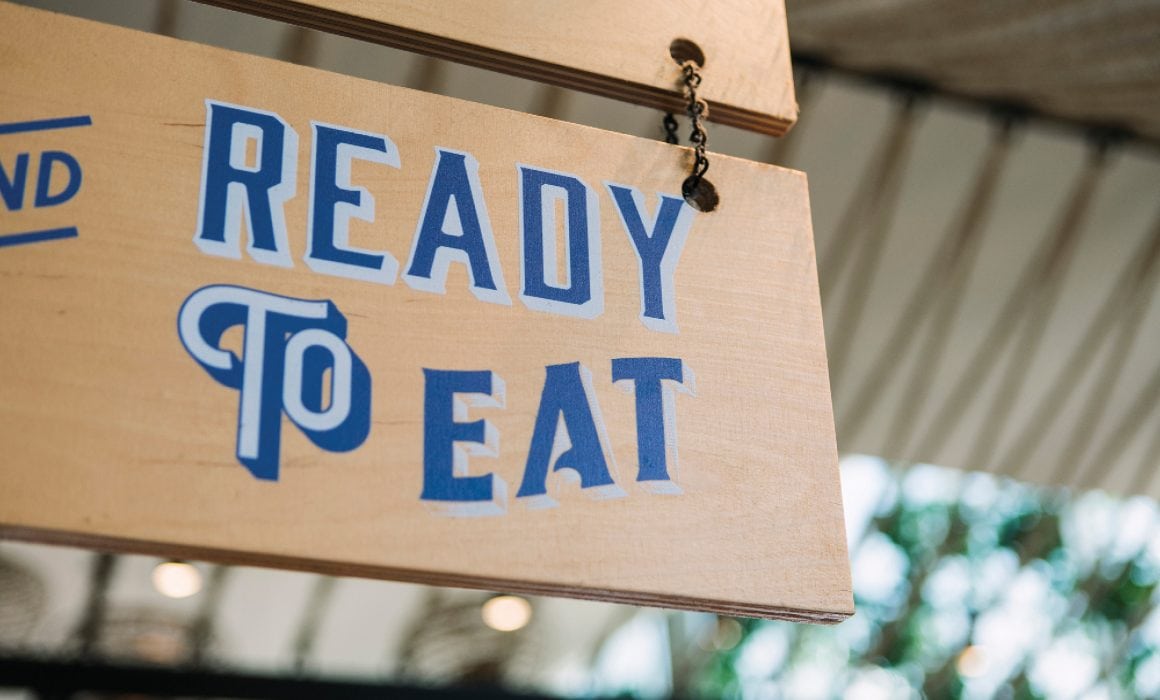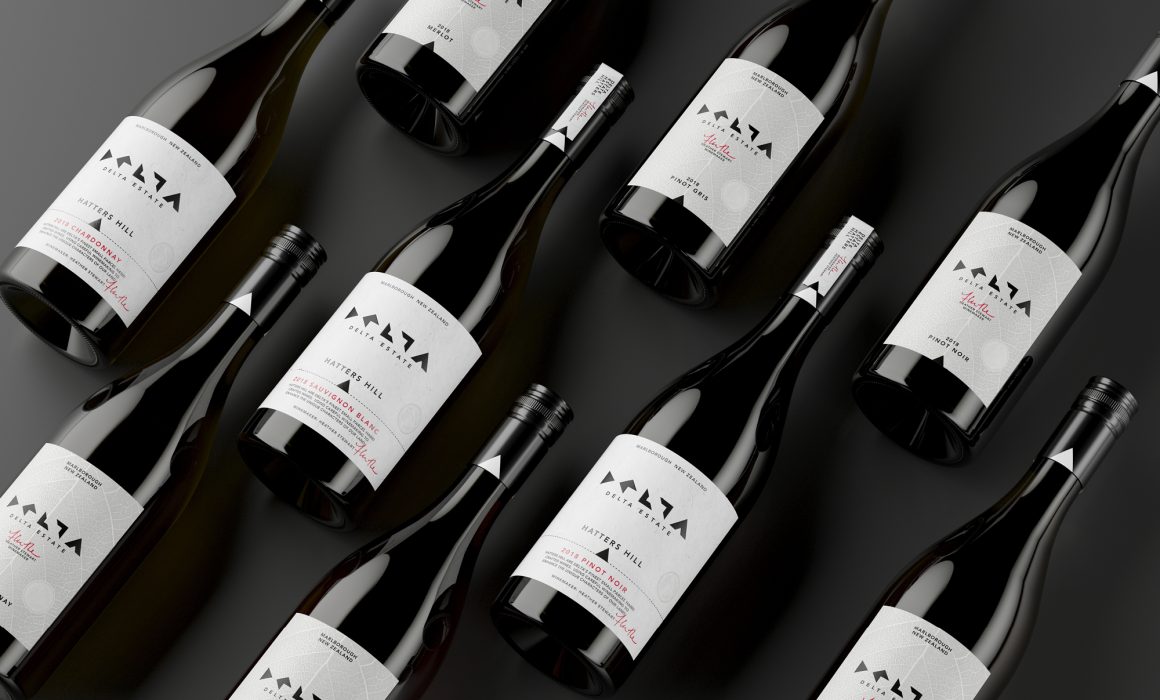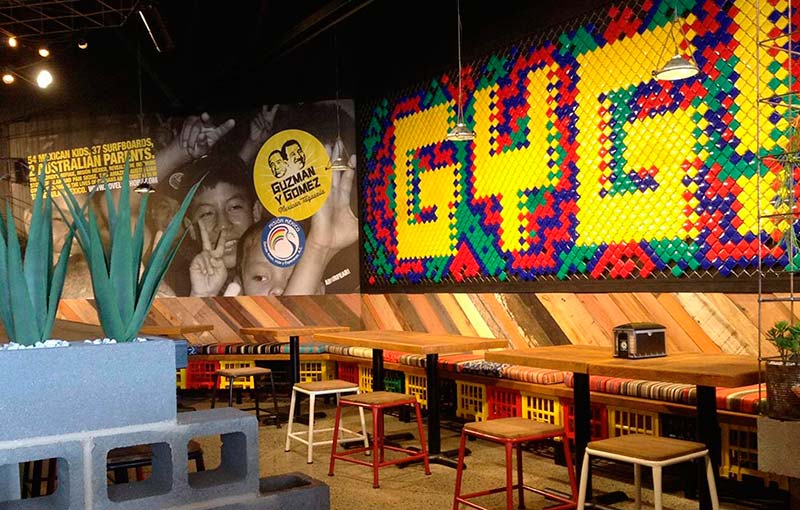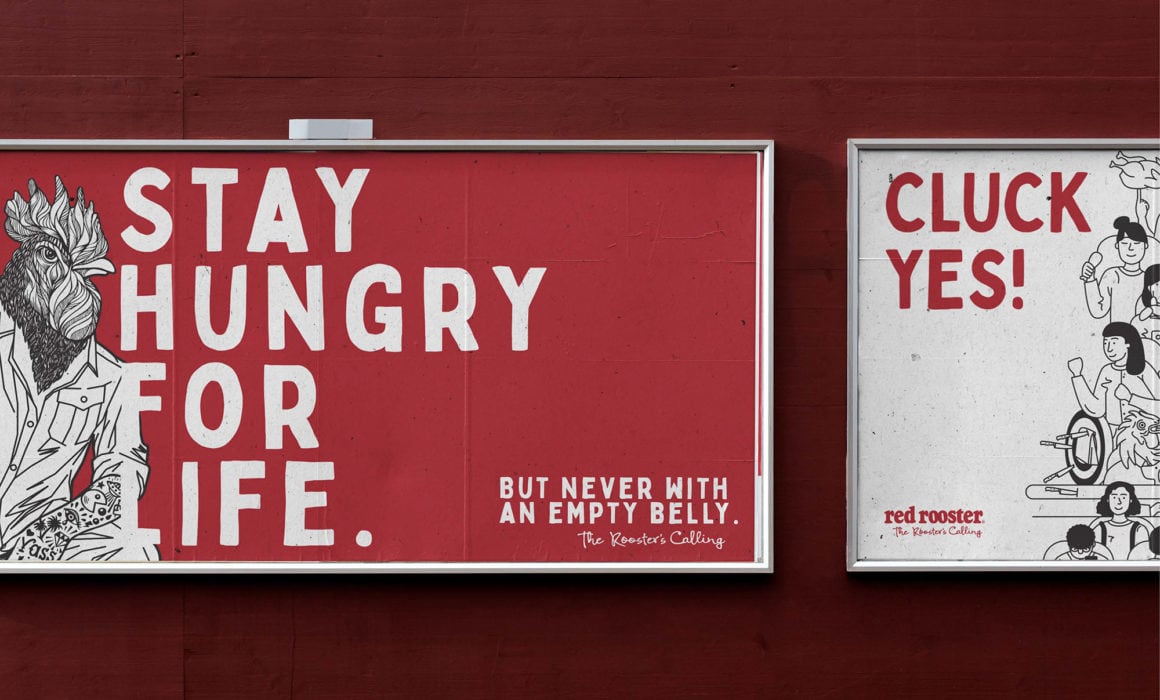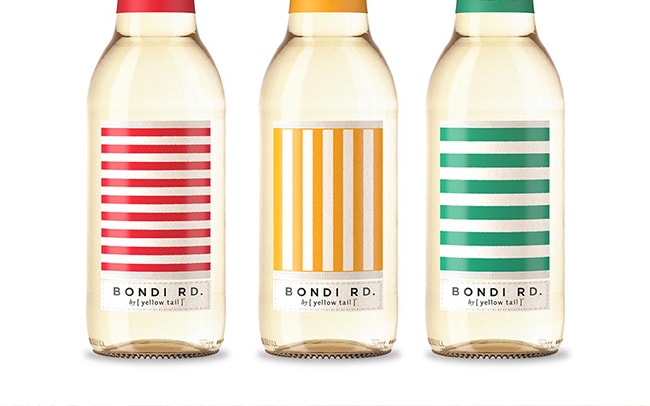Restaurant Branding – Everything You Need to Know
Branding
The (Almost) Complete Guide to Creating a Successful Restaurant Brand
22 March 2021
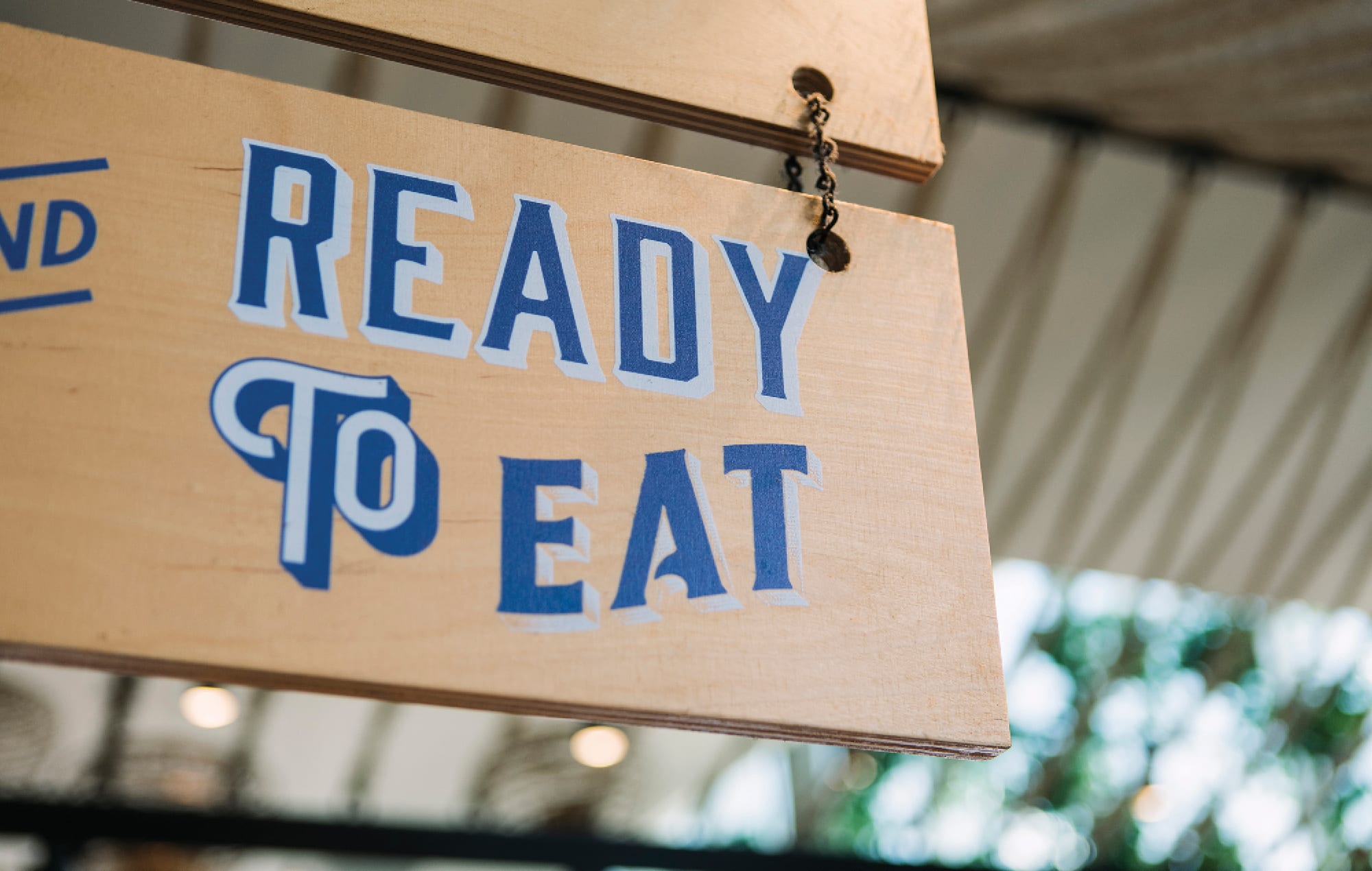
The Creative Method has earned its reputation as a leading expert in restaurant and franchise branding within Australia. With two decades of experience, our team of brand strategists, designers, and copywriters has guided numerous entrepreneurs from the beginning stages of their restaurant ventures to the development of brand identities for some of the nation’s most celebrated restaurateurs and QSR brands.
Our portfolio includes the creation of the iconic brand for Guzman y Gomez, with a continued partnership through their expansion into drive-thru and growth to over 100 restaurants globally. Furthermore, we worked with Oporto, Red Rooster, and El Jannah on rebranding projects, which led to improved customer ratings, increased profits and allowed for growth into new locations and markets. At the luxury end, we have worked on branding projects with hatted restaurants like Aalia and Nour, and we’ve crafted elegant brand identities for high-end establishments like 6 Head and Pearl.
Our breadth of work and experience has given us a profound understanding of the restaurant and hospitality industry sector and what it takes to develop successful restaurant brands and create restaurant branding ideas that capture the attention and retention of your ideal customer.
In the following article, we share both the ingredients and recipe — without giving away all our secrets — to branding restaurants in today’s competitive food space.
An essential ingredient in today’s restaurant industry
The journey into the restaurant business, while seemingly straightforward (for anyone who hasn’t done it), is an adventure fraught with more challenges and puzzles than a Netflix thriller.
While the idea for a restaurant empire might start with a grandmother’s recipe and a passionate desire to honour a food memory, actually sharing it with the world is no small feat. Along with negotiating supplier agreements, locating the best space, honing every dish on the menu, and employing the best team, developing your restaurant’s brand should be up there on your list of priorities. Branding plays a vital part in marketing your restaurant to the right customers.
Understanding the multifaceted nature of restaurant branding is the first step toward creating a brand that not only resonates with potential customers but also fosters brand loyalty.
The essence of restaurant branding
Restaurant branding extends well beyond the logo, encompassing every customer interaction with your restaurant. From the first glance at your various social media accounts to the ambience of your physical venue, your branding must clearly articulate and express your distinct offer and unique experience. Every touchpoint, physical or digital, is an opportunity to express your brand’s story, core values and personality. It isn’t a logo or brand colour slapping exercise; it’s a calculated practice that involves looking at the opportunities holistically across everything from website, signage and interiors to packaging and staff uniforms and then utilising language, colour, design, materials and production effectively to create a coherent and consistent brand personality and customer experience.
If we told you we could get every takeaway customer to tell hundreds more people about your business on the walk home, and they’d pay for the privilege, you’d probably think we’re full of it. We often talk about takeaway packaging as free advertising. A well-placed logo on brand colours is standard practice, but there is an opportunity to say much more. Using bold messaging or striking imagery, you can express your personality, clarify your food offer, create intrigue and improve brand recall. You can capitalise on low-cost opportunities like this to increase brand awareness.
Chicken Treats packaging positioned them as the ‘Local Chicken Heroes’ with bold onomatopoeias, simple messaging and comic book styling across every packaging item. Read more about why we used a comic book style for the Chicken Treat restaurant’s branding.
Soo Zee 23, aimed at customers seeking a truly authentic Sichuanese noodle broth experience, used a blend of traditional iconography, heritage illustrations and food imagery to create packaging that felt both unique, intriguing and authentic. View this example and other projects that demonstrate how takeaway packaging can be a powerful tool in building brand awareness.
Make a plan. Identify your ideal customer. Uncover your brand story.
For those who have never worked in branding or marketing, brand strategy can seem like a mystical dark art that only big brands need to invest in. The reality is that brand strategy is simply a plan for success. It clarifies who your customer is, who you are (as a brand), what you believe and what you uniquely offer to the world. It ensures you can be consistent and focused on how you present yourself (as a brand) to the world, what you want to be famous for, and what differentiates you and defines your opportunities to stand out from competitors.
The right strategy will align perfectly with your current business objectives and future aspirations, inspire team culture/behaviour, and direct culinary innovation. Your brand strategy will act as a foundation for crafting your brand story, key messaging and designing a hyper-relevant brand identity that is power-packed and uniquely identifiable to you.
The clarity that brand strategy provides you will result in a far more coherent and compelling brand identity with the power to aid decision-making and prevent time-wasting u-turns or expensive rebranding at a later date.
Crafting a compelling brand identity
A compelling brand identity, which reflects and conveys your restaurant’s or franchise’s brand values, personality, story and mission statement, is at the core of successful restaurant branding. A cohesive visual brand is your secret ingredient, setting you apart in a crowded market and creating a memorable emotional connection with your ideal customer.
At its most basic, a brand identity will include a logo, colour palette, typefaces and a design system that demonstrates how to use and apply assets consistently and effectively. But a compelling and memorable brand identity requires more than these basic elements, such as distinct brand assets like patterns, icons and illustrations, as well as key messaging, a tagline, a brand story and styled photography. These must be fit for various applications and uses, from signage and wall graphics to posters, social media templates and your website.
If you’re a start-up or refreshing an existing brand, getting brand assets and templates ready for launch means setting yourself up to succeed. It allows you to go to market quickly with on-brand social campaigns, online promos and POS without delays or significant investment every time.
Inspired by Portuguese “azulejo” tiles, the refreshed Oporto brand included distinct brand assets, a flexible graphic and easy-to-use asset that became recognisable as Oporto. See how our work improved NPS 40 points.
The power of brand voice and tone
Many think of branding as the visual elements only, but your key messaging and how you express your brand through language are just as essential. Clearly defining your brand voice is vital in conveying your unique point of difference and brand personality. Whether through humour, sophistication, or authenticity, your tone of voice should be consistent across all messaging and platforms. From the story on your website to key messaging on your packaging and social posts, you need to create a cohesive brand voice that speaks directly and emotively to your target customer.
Staying true to your defined tone of voice and providing examples as part of the branding process will allow your team and external writers to communicate more efficiently, effectively and consistently, whatever the application. The ideal is for your brand voice to sound like one person, one personality, a unified voice.
Menu design: More than a list of dishes
We’ve all been there — standing in line, staring at the menu listing and overcome with choice paralysis. A well-executed menu design can simplify ordering and steer customers to eat desired dishes like Jedi mind control. We’ve worked with several QSRs on their menus to increase average ticket sales and reduce order times, but a menu is also a valuable brand asset.
Whether it’s QSR digital screens or a fine dining wine list at the table, a menu does more than list what you serve; it’s an extension of your restaurant’s branding, reinforcing your values, brand personality and the unique dining experience you offer through language, food imagery and materials. As one of your customer’s first touchpoints, your menu should make a lasting impression.

Encased in cowhide and leather, with the logo branded on the front, the 6Head menu not only feels uniquely premium it also starts to tell the story of the six head of cattle that escaped the first fleet soon after their arrival. View full branding project.
Interior design and environmental graphics: It’s more than decor
The physical location of your restaurant, including external signage, interior design and environmental graphics, all play a significant role in your overall brand experience. Defining your brand up front will impact positively on the interior design outcomes.
Having a clearly defined brand story, personality, and key branding elements such as colours, logos, and distinct brand assets are a useful starting point for interior designers to draw inspiration from and will inform the concept, ambience, furnishings, decor, and overall design scheme.
As brand advisors, we like to collaborate with interior designers to develop and create a unified brand experience where signage applications and environmental graphics, such as a mural, work in synergy with the interior scheme to create a cohesive image.
Every Guzman Y Gomez restaurant has a feature wall that reinforces the Mexican street-style roots of the brand. See our work with GYG over the past 15 years.
Leveraging social media for branding
As a start-up restaurant, leveraging social media is a no brainer with little to no barriers in terms of cost and ease of implementation. Social media channels are a powerful branding tool, allowing you to share your story, showcase your cuisine, promote offers and connect with customers directly on multiple channels. Through engaging content and consistent use of your brand’s personality, social media helps drive brand awareness and develop customer loyalty. Having a suite of brand assets, branded social templates and a clearly defined tone of voice at the ready means you can respond quickly to topical events, do regular promos and posts, while maintaining a consistent brand.
Building a brand book: Your branding blueprint
A comprehensive brand book or style guide is essential for maintaining a cohesive brand. It outlines your brand colours, core values, logo usage, and more, serving as a bible for all aspects of your restaurant’s branding efforts. This document ensures everyone on your team, from the executive team to front of house to graphic designers and franchisees, is on the same page, telling the same story and preserving the integrity of your restaurant brand.
A single source for everything brand in the form of an online PDF or web-based brand book can provide easy access links to cloud-stored design assets and templates for both your in-house team and external suppliers. Managing your brand and assets online will allow you to keep assets up to date, reduce double handling, and make the transition from one location to multiple or franchising models far more cost-efficient.
The recipe for branding success
Establishing strong restaurant branding is more important than ever in the ever-evolving restaurant market. By building a brand strategy that provides clarity, focusing on developing a cohesive brand identity, engaging the ideal customer through a defined tone of voice, and creating memorable experiences at numerous touchpoints, you can build a successful restaurant brand that’s fit for purpose and future-proofed for years to come. Everyone knows great food is essential to your success, but it’s your brand that will make you stand out in the world of restaurants.
Related Articles
Building A Brand: Creating A Brand Development Strategy
There is no doubt that we have emerged from the widespread disruption of the pandemic into a new reality – one where the consumer is king. Power has well and truly shifted away from companies as customer choice increases exponentially through online marketplaces. The popularity of food delivery apps and e-commerce platforms has led customers to expect convenience and quality above all else, while social media and online reviews can instantly make or break the reputation of a brand…
TAGS

